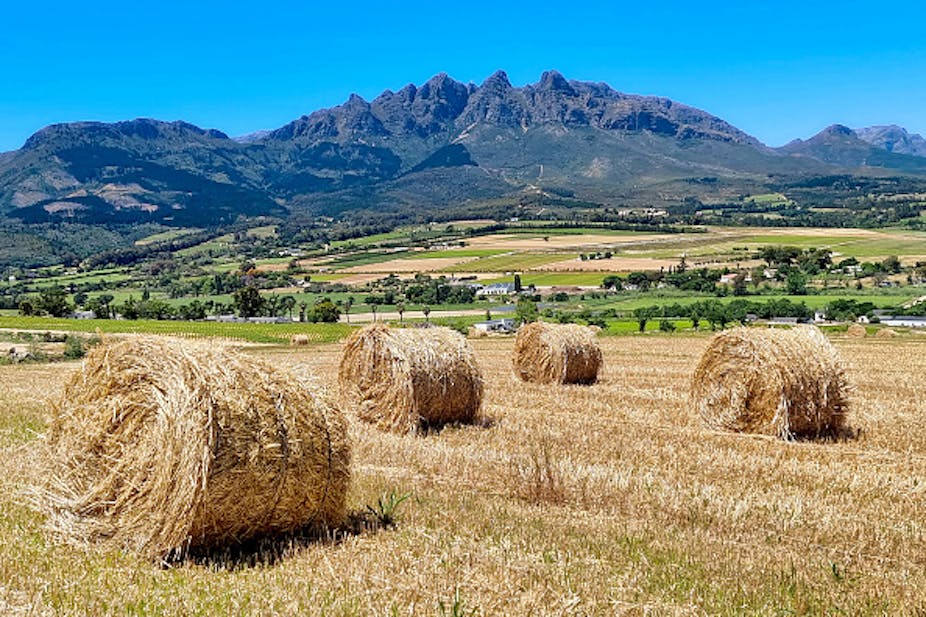Discover hidden stories and unheard voices on land governance issues from around the world. This is where the Land Portal community shares activities, experiences, challenges and successes.
 Follow our
Follow our
Sustainable Development Goals
Blog Series!
Interested in land corruption?
Follow our Land & Corruption Blog Series
for in-depth perspectives from the experts.
Issues
Geographical focus
Cambodia’s new investment law could open the way for more inclusive, sustainable investment. In a series of virtual meetings, stakeholders from across Cambodia came together to assess the challenges and opportunities arising from that law and investment governance generally.
Traditional leaders assign land giving little consideration to spatial planning for long-term, sustainable settlement. People are settled in places unsuitable for human habitation. And climate change will bring added volatility and exposure.
"At last, we are beginning to harvest more than 100 years
of international advocacy of Indigenous peoples."
- Dr. Myrna Cunningham Kain, on her initial reactions to the $1.7 billion pledge
This op-ed by Katlego Ramantsina, a researcher at the Institute for Poverty, Land and Agrarian Studies first appeared in the Daily Maverick
Developing land tenure legislation is a difficult job to get right — especially given the legacy of intractable problems inherited from apartheid. The Gauteng consultation did not seem genuine: it lasted only three hours.
The Land Portal advocates for more and better open land data, but more and better have never been our end objectives. Data must be used; it needs a purpose. One of the ways we practice what we preach is through our data stories.
This article by Wandile Sihlobo was first published in The Conversation

Ido Lekota is a former Sowetan political editor.
Agriculture, Land Reform and Rural Development Minister Thoko Didiza tabled a R17, 3 billion budget in the past week to help support food security in the country.
Didiza said the money will be distributed through a range of programmes, including the commercialisation of black farmers through land development support.
"If you look at the R17.3bn of our budget, the majority of that is transferred to provinces dealing with food security," she said.
Maize is a key global cash crop, produced in every continent except Antarctica. As a flex crop, it has multiple uses including for direct human consumption, as an ingredient for animal feed, as a key component in processed foods, or in ethanol production. According to figures from FAOSTAT, global production increased from 0.2 to 1.2 billion tons between 1961 and 2020.
Nick Vink and Johann Kirsten
Most countries in both the rich and the developing world have some sort of programme to help early career farmers (mostly, but not exclusively young people) to get established in a farming or agribusiness enterprise. South Africa sticks out like a sore thumb, even against many African countries, in not having such a programme.
In our view, subsidies for black farmers in South Africa are justified. This is because they would help deliver a more inclusive agricultural sector and correct past racial biases.
This blog was written by Anna Schreiber and originally posted through Land for Life at https://land-for-life.org/10-years-of-vggt-time-to-take-stock/
Daily Maverick Our Burning Planet: Op Ed by Malik Dasoo
Regenerative agriculture, which involves special techniques to cultivate nurture-rich soils that also trap greenhouse gases, can initially be time and labour intensive. But farmers who stick with it are witnessing enormous returns.
Colonial and apartheid land dispossession in South Africa was the most extensive of any country in sub-saharan Africa. Despite a land reform programme initiated after the transition to democracy in 1994, equitable access to land remains an unresolved question in both urban and rural areas.

